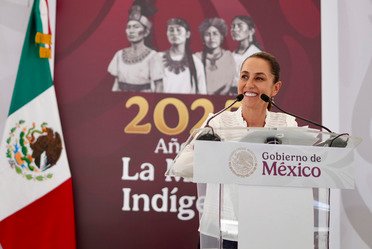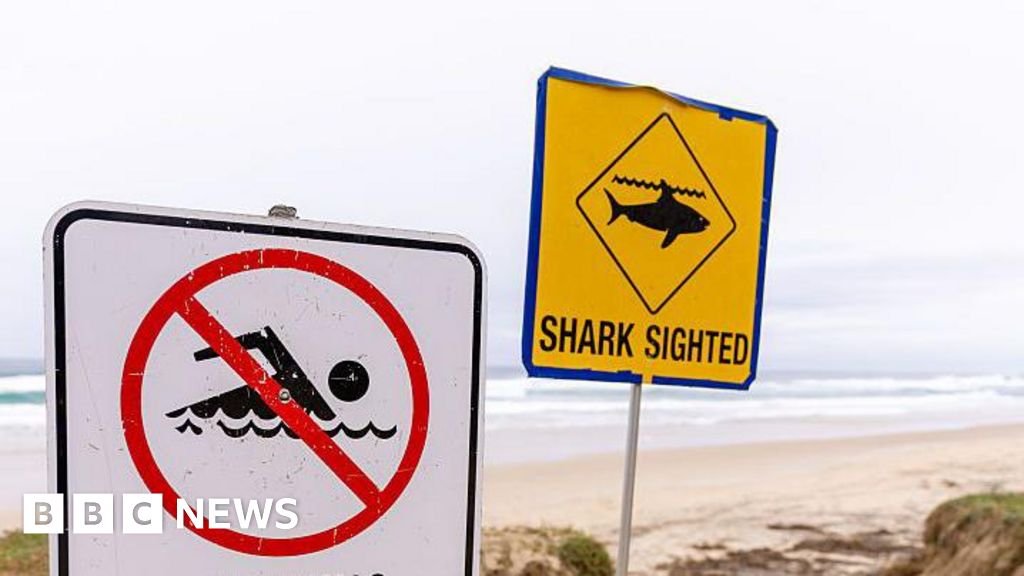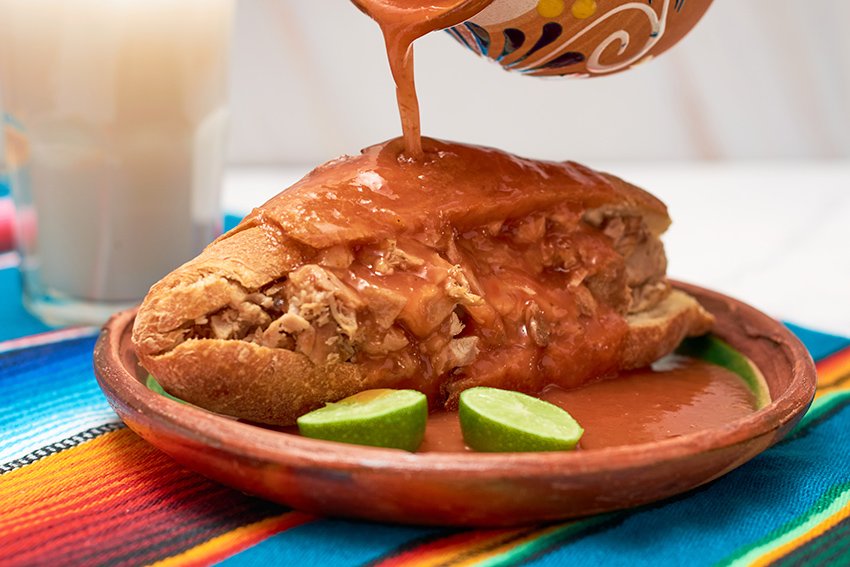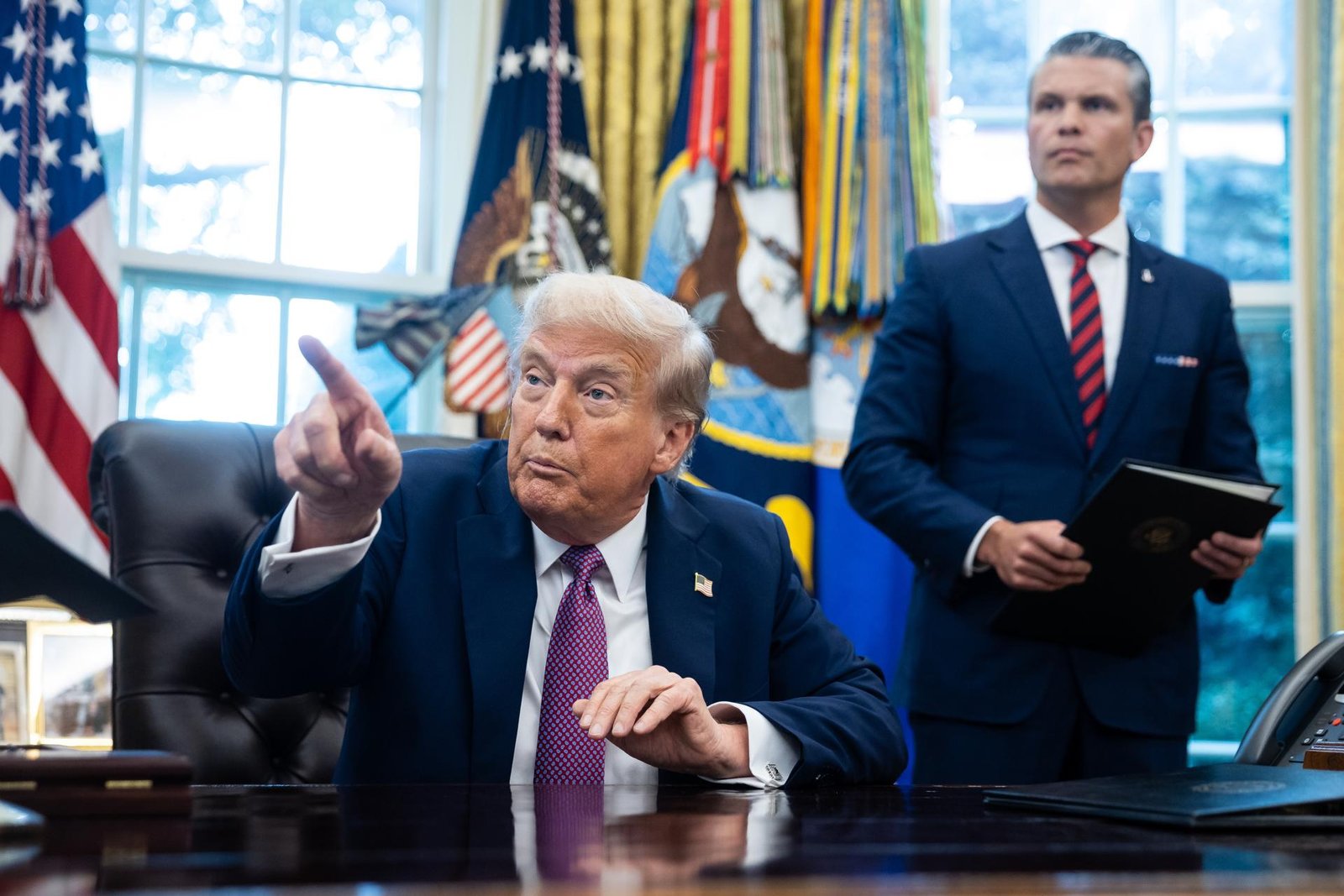“Today is International Indigenous Women’s Day,” President Claudia Sheinbaum noted at the start of her Friday morning press conference.
“As you know, we dedicated this [entire] year to Indigenous women,” she added.
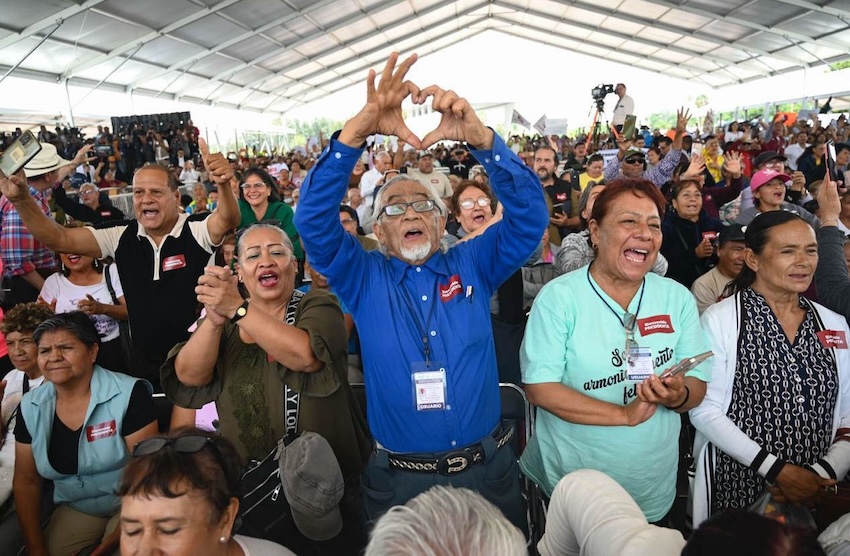
“… On this day we want to commemorate, celebrate and recognize Indigenous women, who for years were made invisible, not by their communities or by themselves, but by society. In this racism that prevailed in Mexico for so many years, and which still exists among many people, the Indigenous woman was the most discriminated against — for being a woman, for the color of her skin and for being Indigenous,” Sheinbaum said.
“But we want to stand up for Indigenous women because, first, they are the essence of Mexico, they’re the ones who pass on culture and who pass on languages,” she said.
In her opening remarks at her final mañanera of the week, Sheinbaum also noted that the government’s women’s rights pamphlet, la Cartilla de Derechos de las Mujeres, has now been translated into 35 Indigenous languages.
Sheinbaum: Indigenous communities receive direct funding for the ‘first time in history’
Sheinbaum reminded reporters that the federal government is now providing direct funding to Indigenous communities that allows them to carry out infrastructure projects of their choice.
She said that there are more than 20,000 Indigenous communities across Mexico that are eligible for the funding.
“Now, for the first time in history, the communities receive a direct budget, all of them,” Sheinbaum said.
“It’s a [combined] amount of around 13 billion pesos [US $694.7 million], and we want this amount to continue increasing,” she said.
The funding can support projects such as drinking water systems, schools, housing, streets and sidewalks, sewage and electrification — each chosen by the communities themselves through local assemblies without the intervention of municipal, state or federal authorities.
“There is a fourth level of public funding, which is direct to Indigenous communities, for the first time in history,” Sheinbaum said.
She said that the amount of funding each community receives is dependent on its population and the “level of marginalization or poverty” that exists within it.
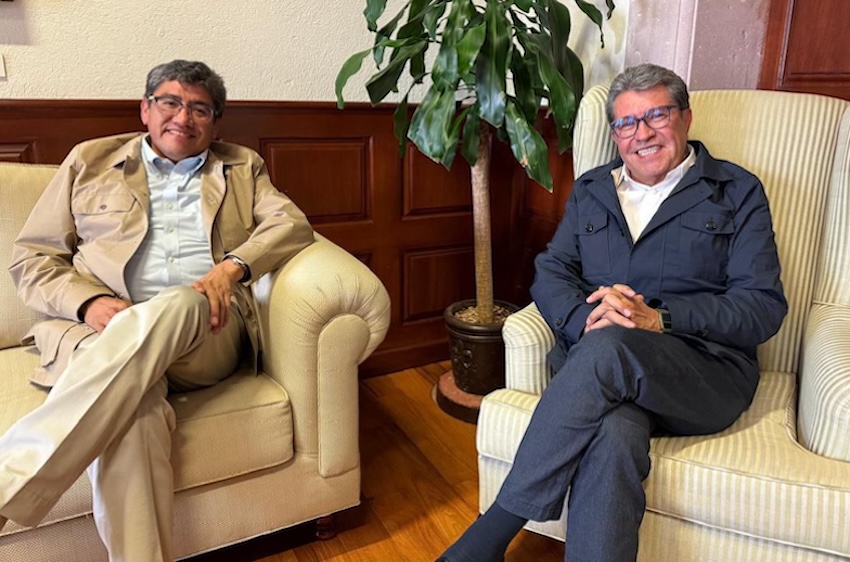
“[There is] an established formula,” Sheinbaum said.
” … Who is the money given to? To whom the community decides. The community, in assembly, chooses a committee,” she said.
“… Who is the person who manages the money? It was determined that it be a woman from the community. The treasurers are women,” Sheinbaum said.
Governor Monreal followed by Governor Monreal? Sheinbaum says no
A reporter noted that Morena party Senator Saúl Monreal has expressed interest in running as a candidate in the 2027 election for state governor in Zacatecas, a position currently held by his brother, David Monreal.
“He says that if the people of Zacatecas decide so, he’ll be on the ballot, and he mentioned yesterday that it could even be for the Labor Party or the Green Party” the reporter said before asking Sheinbaum her opinion on the matter.
“I’m not going to get into a debate with Saúl,” the president said.
Sheinbaum subsequently said that her view is that relatives of a person in power, whether a governor, a mayor, a deputy, or a senator, shouldn’t be allowed to seek to succeed that person immediately after their term ends.
“That’s why I sent the initiative and that’s why it was approved,” she said, referring to a constitutional reform that aims to eliminate nepotism in politics.
The reform, however, won’t take effect until 2030, meaning that Saúl Monreal won’t be constitutionally barred from contesting the 2027 gubernatorial election in Zacatecas.
However, as Sheinbaum noted, Morena decided that it won’t allow its candidates to seek to succeed a relative starting in 2027. For that reason Monreal floated the possibility of contesting the election for the Labor Party or the Green Party, both of which are Morena allies.
The president suggested that the senator should wait until 2033 before seeking the governorship of Zacatecas, a position that another Monreal brother, Deputy Ricardo Monreal, also held.
A busy weekend for the president
Sheinbaum noted that she would set off to Guanajuato after her press conference and from there travel on to Aguascalientes and Zacatecas later on Friday.
As she announced on Tuesday, the president intends to visit all 32 states of Mexico to present reports pertaining to each entity. She presented the first of those reports in Guanajuato on Friday.
“Tomorrow we’re going to be in Durango, Sonora and Nuevo León,” Sheinbaum said.
“And on Sunday [I’ll be] in Coahuila, Tamaulipas and Veracruz. It’s accountability, the accountability tour,” she said.
On Tuesday, she said she would “report on the welfare programs in each state, the public works that we’re doing in each state [and] the other things that are coming for [each] state.”
“It’s an effort to be accountable,” said Sheinbaum, who on Monday delivered her first annual government report to the nation in a 70-minute speech at the National Palace.
By Mexico News Daily chief staff writer Peter Davies ([email protected])

